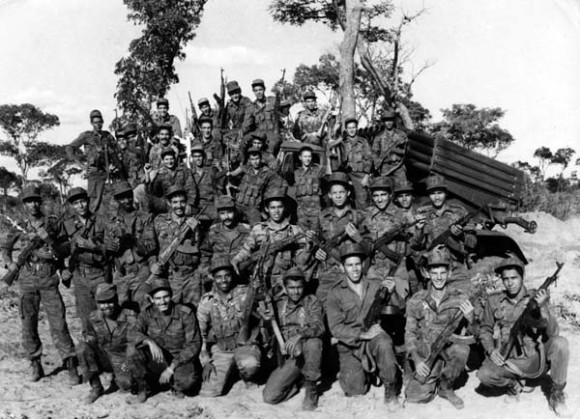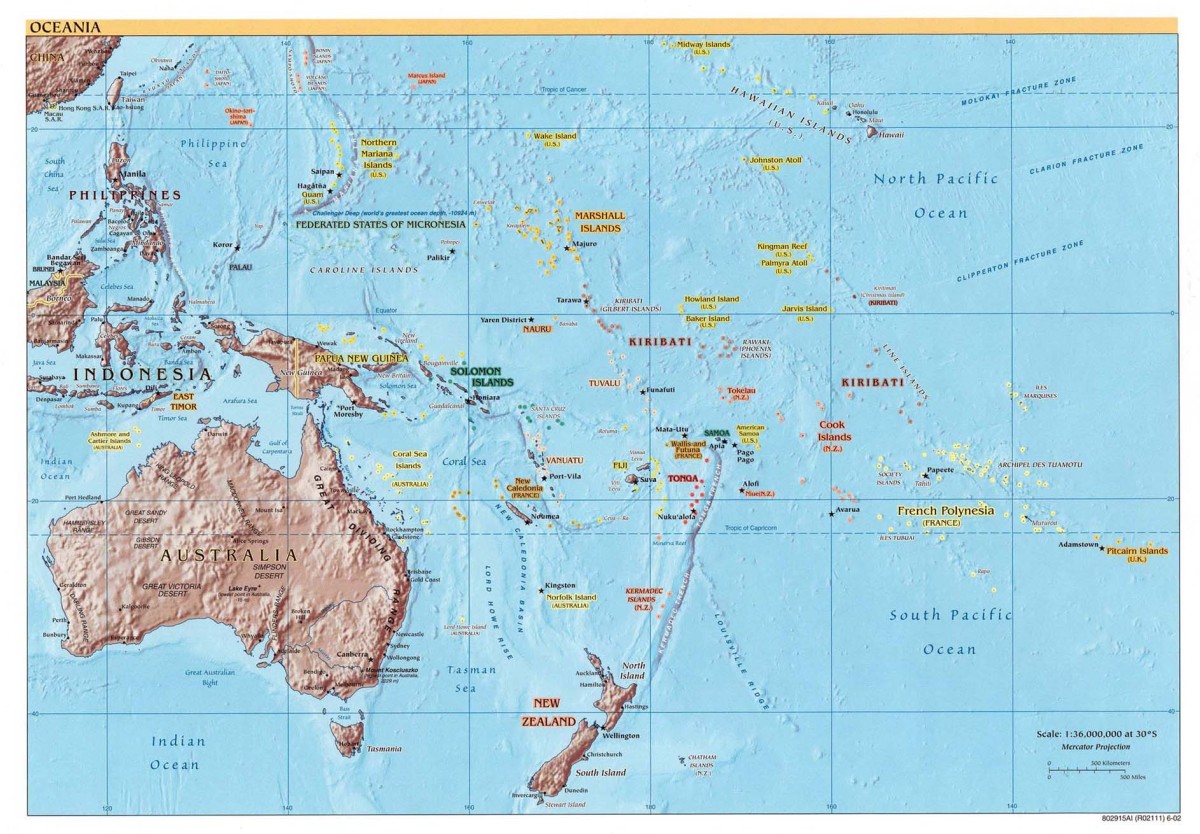Rĩrĩa meetaga Mandela na ndundu yake imaramari
Meetaga Verwoerd na Vorster na Botha arũĩri wĩyathi
Rĩrĩa mendagĩria abathendi matharaita ma kũratha andũ airũ
Kiumba yaheyaga arũĩri wĩyathi matharaita ma kwĩgitĩra
Rĩrĩa Obama ageithia Castro mathikoinĩ ma Mandela
O arĩa maheyaga abatheindi mĩcinga makoiga mbu
Kaĩ mariganĩirwo atĩ Mbaarainĩ ya Cuita Cuanavale
Reagan na Thatcher maanyitĩte Abathendi mbaru?
Atĩ tiga nĩ ũhootani mũnyite mbaru nĩ Kiumba kĩhaaroinĩ kĩa Cuito Cuanavale
Mandela angĩathikirwo njeera gacigĩrĩra ka Robben, tene?
The Cry of Hypocrisy: The Battle of Cuito Cuanavale
(translated from Gĩkũyũ)
While they hated Mandela as a commie and terrorist
They hailed Verwoerd Vorster and Botha as freedom fighters
While they armed apartheid to defeat the struggle
Cuba armed the real freedom fighters to defend the struggle
And when at Mandela’s funeral Obama shook hands with Castro
They who used to arm apartheid cried foul
Have they forgotten that at the battle of Cuito Cuanavale
Reagan and Thatcher sided with Apartheid?
That but for the Cuba backed victory at Cuito Cuanavale Mandela’s funeral would have been on Robben Island years earlier?
-Ngũgĩ wa Thiong’o


